Even if you avoid spending extra money on luxuries and expensive clothes, the electricity bills also come as a shock which disturbs the budget. The cost of electricity bills is also moving up each year because of the increased use of home appliances and devices.
Irresponsibly using electricity is also a leading factor. You will save electricity depending upon your living style and conditions. Here are some ways that can help you cut down on electricity bills.
Contents
- 1. Turn Off Electric Devices When Not in Use:
- 2. How to Set Your Heating System?
- 3. Switch to LED Lighting for Indoor:
- 4. Care Regarding a Refrigerator:
- 5. Configure Your Computer System:
- 6. Use Your Dishwasher Wisely:
- 7. The Swimming Pool Formula:
- 8. Don’t Use Warm Water:
- 9. Dry Your Clothes Naturally:
- 10. Settings On Your Appliances:
- 11. Learn To Assess:
- 12. Install Timers:
1. Turn Off Electric Devices When Not in Use:
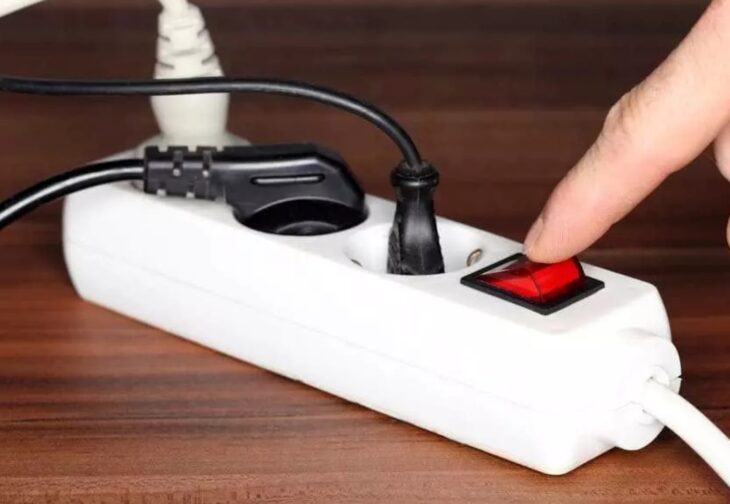
Source: GVEC
It is a basic thing to follow when you wish to reduce electricity usage. Make sure to turn off the lights and appliances when you are not using them. You can reduce the bills by almost 10% if you work on this method. Besides turning them off, make sure to unplug the switches to keep them from using any electricity.
2. How to Set Your Heating System?
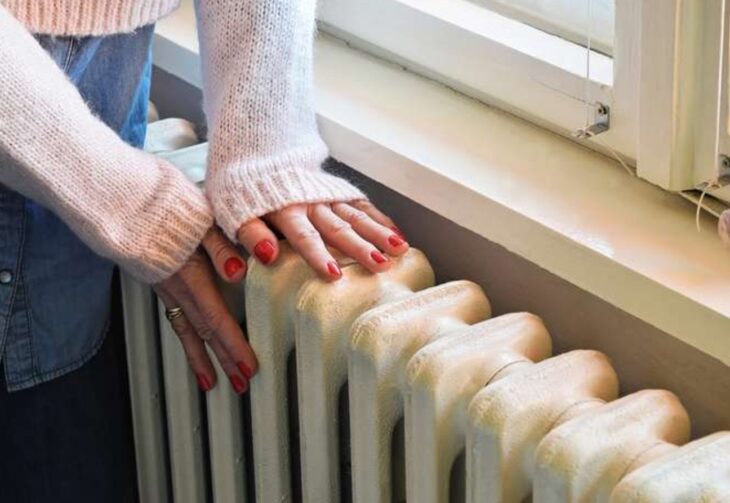
Source: Ownerly
The heating system consumes a lot of electricity. It is best to keep the water heater at a maximum temperature of 120 degrees Celsius. You can get your hands on an electronic thermostat that can help you adjust the temperature and save energy. When your boiler is not functioning well, get it repaired, or else you will be wasting electricity on a broken device. Find out more about boiler cover and a wide range of boiler models.
3. Switch to LED Lighting for Indoor:
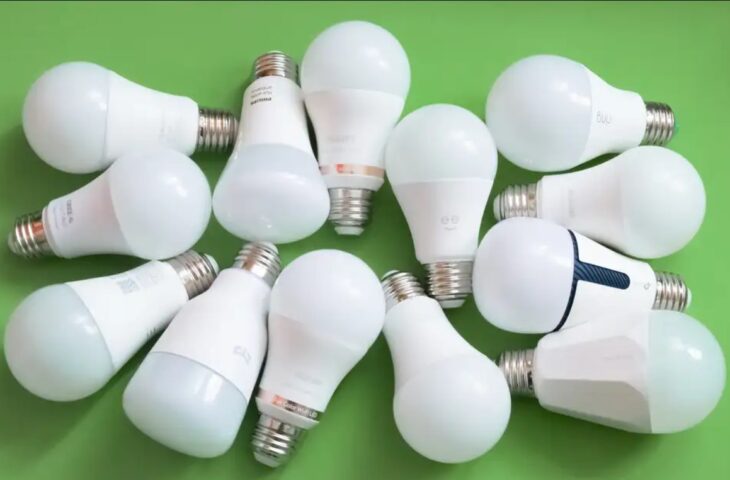
Source: The New York Times
Use energy-efficient LED bulbs in rooms where not much light is needed. For example, you can use dimmer lights in your bathroom. Even if you install higher capacity LED bulbs in the living area, it will cost you fewer electricity bills as compared to fluorescent bulbs.
4. Care Regarding a Refrigerator:
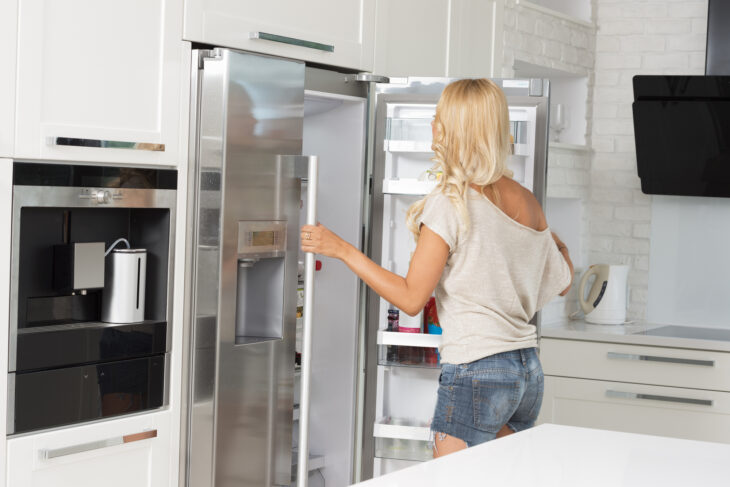
Source: topclassactions
Use your refrigerator wisely as it contributes a lot to the increasing electricity bills. Open the door only for a brief moment and close it immediately. Adjust the settings of the refrigerator according to the directions given by the manufacturer. It is essential to clean the coils from time to time. Set your refrigerator at 2 degrees and freezer compartment at -18 degrees. Avoid lowering the temperature more than required as it can add up to your bills.
5. Configure Your Computer System:

Source: How-To Geek
Make sure to set your computer for sleep or hibernation mode. It is best to shut it off when not in use as computers can consume a lot of electricity supply. Use the settings of your device that support reducing power consumption.
6. Use Your Dishwasher Wisely:
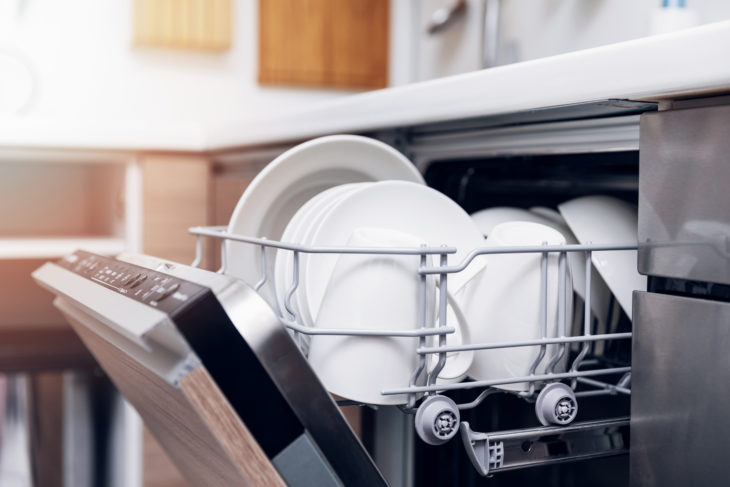
Source: maidbrigade
Avoid turning on your dishwasher after every meal or when you have a few dishes. Make sure only to wash when there is a load, and it can fill up the dishwasher. Not only will it help save electricity but also water bills. Another great tip is to air dry your dishes to reduce the amount of energy used. You can ditch using the heat dryer option on your dishwater to reduce energy consumption.
7. The Swimming Pool Formula:

Source: Stuff.co.nz
There’s no need to keep the swimming pool heater running when it’s not in use. You can install swimming pool covers that stop the heat from escaping through the pool water. Think about installing a smaller, energy-efficient water pump in your swimming pool instead of the one you have now. Swimming pool filters consume more energy in case they are not cleaned at regular intervals. So make sure that filters are not clogged and don’t consume extra electricity. An extra step you should take is putting energy-efficient lights like outdoor solar lights.
8. Don’t Use Warm Water:
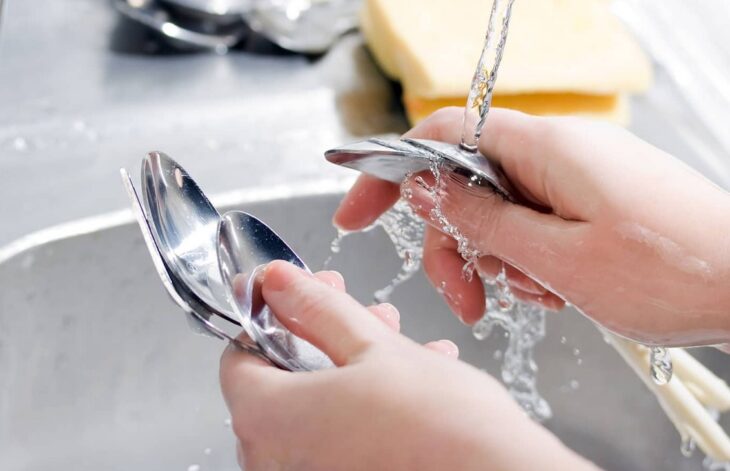
Source: Water Footprint Calculator
Washing clothes with warm water is known to be better for clothes. But the thing is that heating up the water consumes electric energy. You can easily skip the use of warm water in favor of cold water to save up more electricity and eventually lower your electricity bills. Washing machines are known for consuming electricity, so ensure that the one in your home is eco-friendly. Some machines now come with eco settings that automatically reduce the electricity costs without any extra effort. Also if you need assistance with your boilers check Boilerbrain.
9. Dry Your Clothes Naturally:
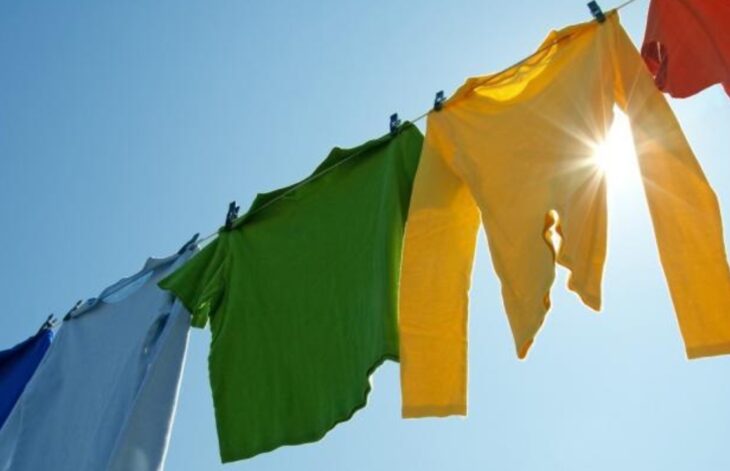
Source: MetService Blog
In most places, people can easily dry their clothes in the sunshine. Fresh air and the warm rays of the sun can dry the clothes quickly. You don’t have to depend on the cloth dryers if you can dry the clothes on the roof or in the yard. Electric dryers consume electricity and can add up in the electricity bill if you are not cautious. So avoid the use of dryers where you can and benefit from nature.
10. Settings On Your Appliances:
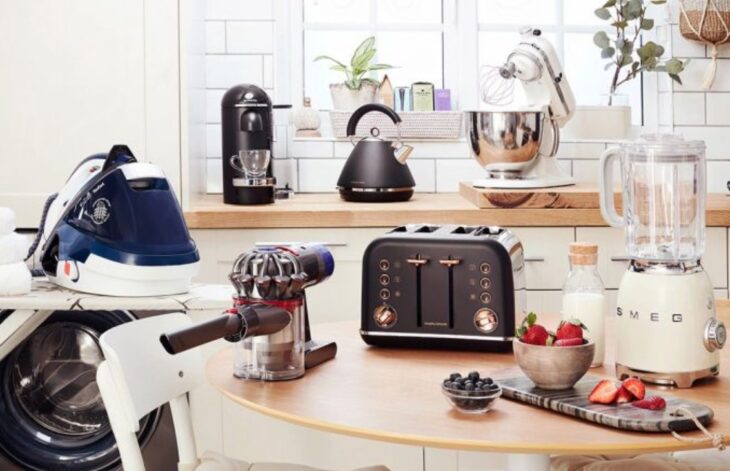
Source: EarlyExperts
Electric appliances are not set to save electricity by default. Manufacturers ensure that their machines are working correctly at max power usage for providing the best performance. Instead of going with the settings and the flow set up by the manufacturers, you can change the settings to eco-friendly settings. These settings enable you to save your electricity case. Only switch all the way to the max performance of electric appliances if needed.
11. Learn To Assess:
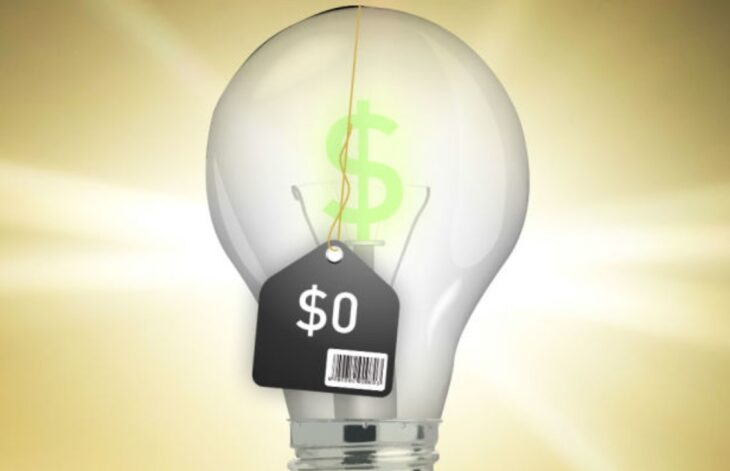
Source: COPICOLA!
The difficult thing about saving electricity in your home is that you have to take things under your control. Instead of wishing for a dramatic increase in your energy costs, you can control the electricity usage and manage the costs your way. The first step you have to take is identifying the electric usage of different appliances in your home. You can figure out yourself what devices take up more electricity and easily slash their usage.
12. Install Timers:
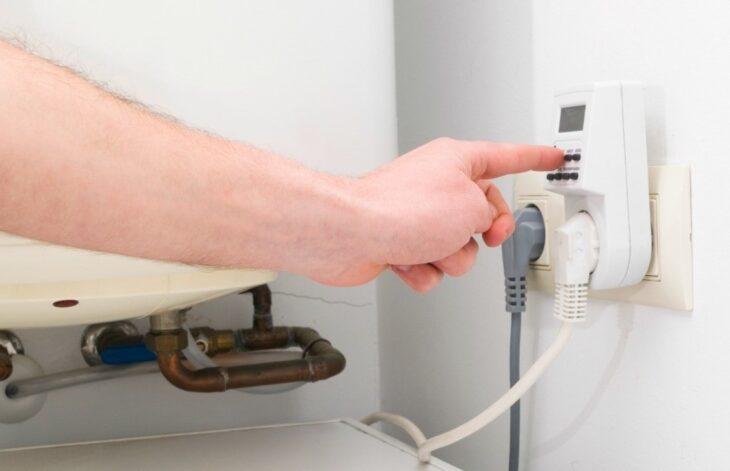
Source: ThriftyFun.com
Humans are forgetful even if they follow schedules, be it any walk of life. The point is that you don’t have to rely on your routine and your habits. You can easily install timers and sensors in your home that can save you from overusing devices. These sensors and timers can shut off lights automatically, limit your electricity usage and build new habits that can save you from paying additional electricity costs.
